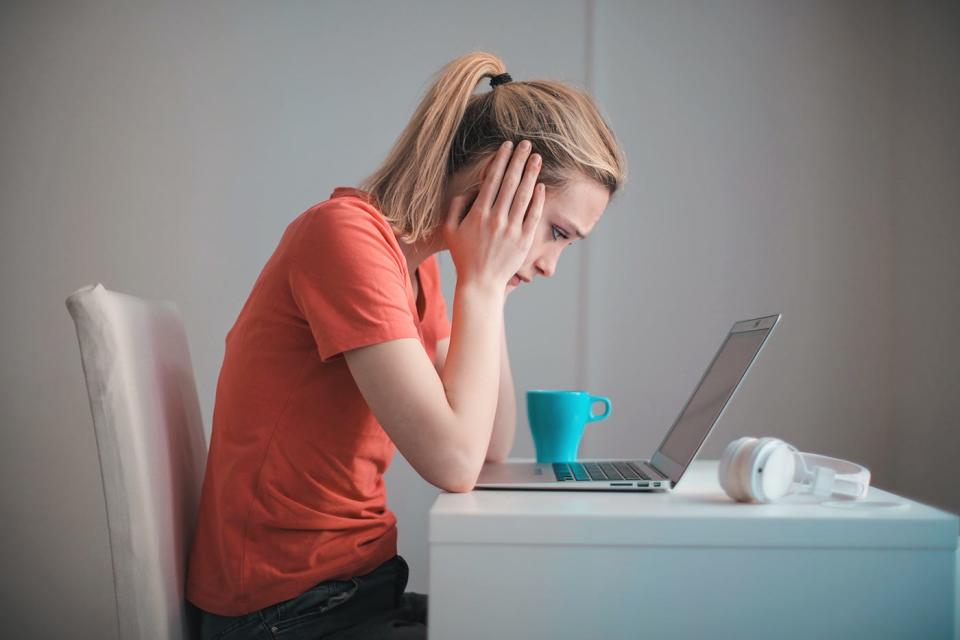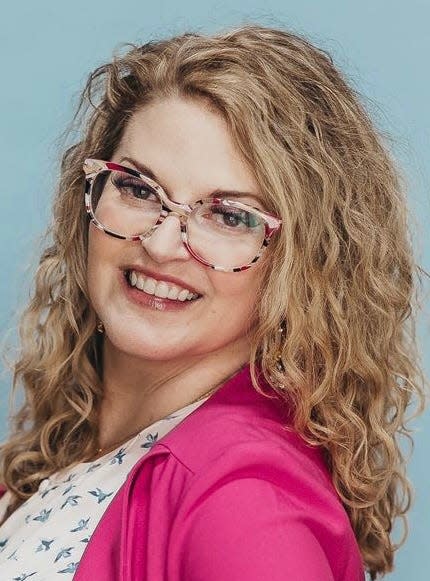Mental Health Matters: Teens girls at record-high levels of sadness, suicide risk
Sometimes I look at my almost 9-year-old daughter and panic. She acts like a teenager. Nine years old today is nothing like when I was that age. She’s sassy and always rolling her eyes at me. She picks out crop tops (which she doesn’t get) and flare jeans, no longer opting for unicorns and rainbows.
But that’s all meaningless. The real reason I’m panicking is that teen girls are experiencing record-high levels of sadness and suicide risk, according to data published by the U.S. Centers for Disease Control and Prevention. The data was collected in 2021.
It showed that girls suffered worse than boys. Teens who identify as lesbian, gay, bisexual or questioning (LGBQ+) showed long-term distress. Most LGBQ+ students, about 52%, experienced poor mental health, and more than 1 in 5 had attempted suicide in the past year.
Going back to the girls. Fifty-seven percent felt persistently sad or hopeless in 2021, which is double the rate for teen boys at 29%. About 1 in 3 teen girls seriously considered attempting suicide. Both rates “increased dramatically” over the past decade, according to the CDC.

Reading those stats, I broke into a cold sweat. Not only is my sweet daughter heading into her teens soon, but also she’s predisposed to depression, anxiety and mood disorders, thanks to her dear ol’ mom. I remember what it was like in middle school — terrible. I had violent intrusive thoughts, I couldn’t get out of bed, I isolated myself and had very low self-esteem. That’s without the awful bullying of today’s world (tame compared to what I experienced) and the constant pressure of social media, parents and the school forces on them, without the kids even realizing it. Actually, I’m sure they do. Those kinds of things always leave a mark. This has been documented.
Despite having access to qualified medical experts (school nurses, counselors, doctors), 1 in 6 Generation Zers is now using TikTok as a search engine to diagnose themselves with serious mental health problems, according to a Pew Research survey.
This is obviously risky, as influencers on TikTok are not experts, but I see the appeal in wanting to look online to an app that makes you feel safe. Plus, it’s not always easy to find good therapists and psychiatrists (who aren’t cash pay) here in Corpus Christi. There’s a serious shortage, especially for youth. That gap needs to be filled fast, and the resources that we do have need to be utilized.
Even though my 8-year-old daughter goes to one of the best schools in the state, she has already been bullied. No matter how you feel, schools are the front line of the mental health crisis. We need to tell our administrators that we want more information for parents, kids and teachers. While I know CCISD is making a big effort, I still want more. It’s never enough when it comes to my children. Our children.
Both my kids will be at a CCISD school in the fall, and while I want them to graduate and go on to bigger and better things, I also want them to be two mentally healthy individuals who can navigate the world better than their mama, doing whatever they want because they can.
But being mentally healthy isn’t easy to learn, trust me. It’s like anything else — you start early, make good habits and reinforce them. I’d give anything to have learned about mental health and coping skills at my kids’ ages.
We’re on the right path, so let’s keep going.
Our children will thank us later. Trust me.

For more than 20 years, Heather Loeb has experienced major depression, anxiety and a personality disorder, while also battling the stigma of mental health. She is the creator of Unruly Neurons (www.unrulyneurons.com), a blog dedicated to normalizing depression and a member of state Rep. Todd Hunter’s Suicide Prevention Taskforce.
Mind Matters
Now more than ever we need to take care of our mental health. Guest columnist Heather Loeb discusses why and explores other important mental health topics in this special series.
This article originally appeared on Corpus Christi Caller Times: Mental Health Matters: Teens girls at record-high levels of suicide risk

